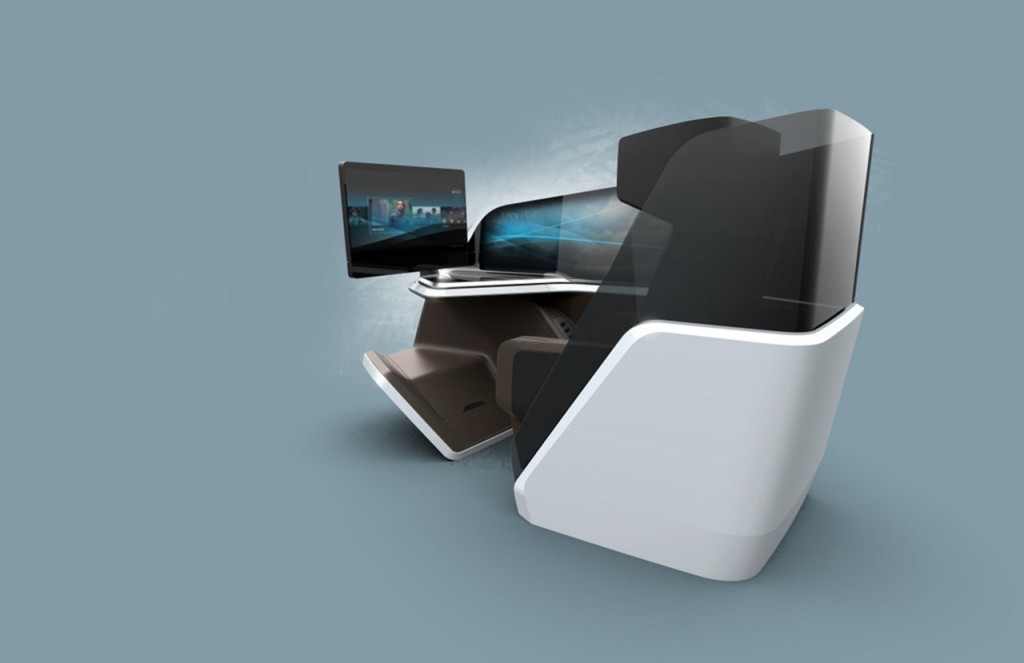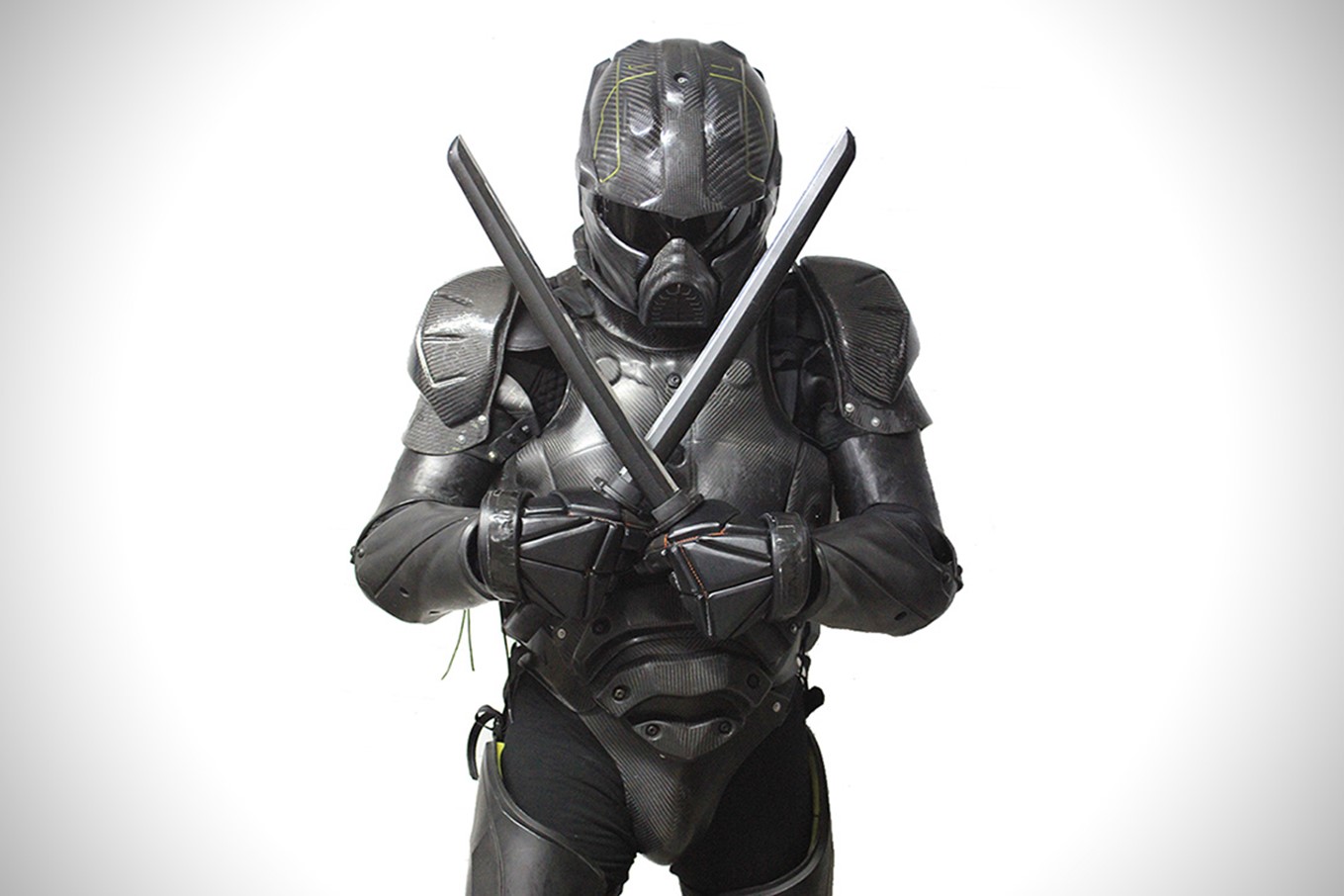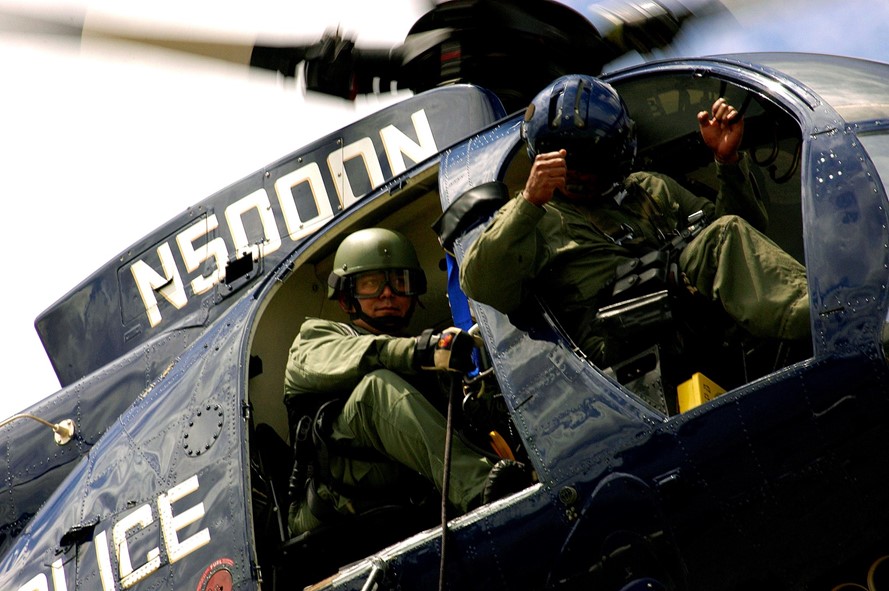Make Art While You Run
May 15, 2016 in Daily Bulletin

Timothy W. Martin wrote about the rise of GPS art runs:
- An increasing number of exercise enthusiasts are mapping out their trails with the aim of having their route create an image or phrase.
- You can get a sense of where the art was made by the GPS “brush-strokes”. American cities are usually laid out in a grid so the art tends to be blocky.
- Meanwhile European cities tend to have longer, more flowing lines.
- The image created by runners is usually very different from that created by bikers.
- Some then frame the print outs of their route and depict them at galleries.
- Running crazed couples have planned runs where the end result spells out a proposal.
- Casual runners say that it helps break up the monotony of running and encourages them to get out more.
- Things like cloudy weather, low batteries, and signal blocking skyscrapers can have the unfortunate effect of ruining a meticulously planned piece art run.
Read more here.
Source: The Wall Street Journal
 The Economist wrote about how the presence of a First Class section on an airplane affects passengers:
The Economist wrote about how the presence of a First Class section on an airplane affects passengers:







Join the Discussion! (No Signup Required)